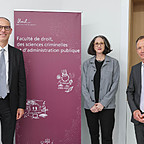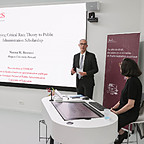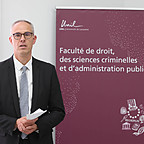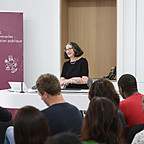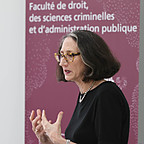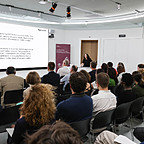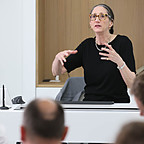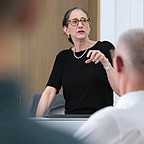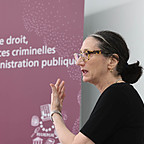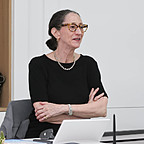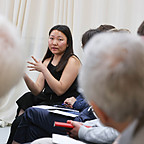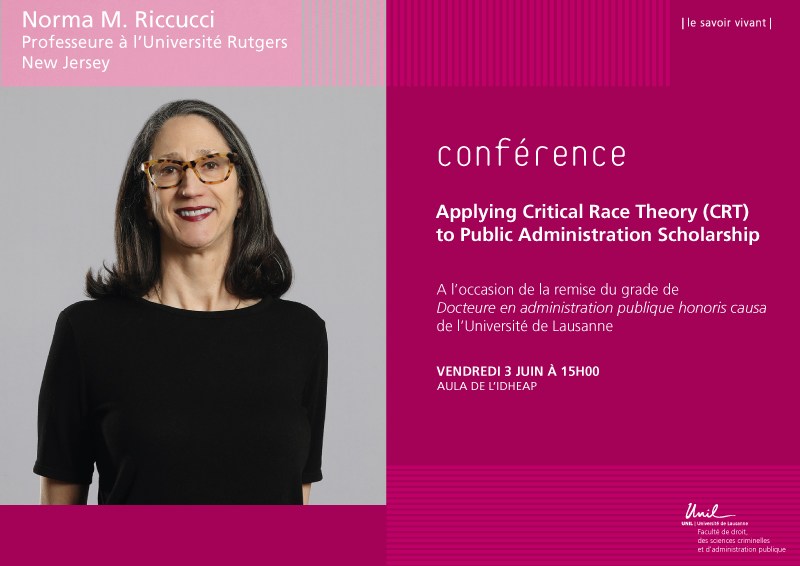Applying Critical Race Theory (CRT) to Public Administration Scholarship
Norma M. Riccucci, Professeure à l’Université Rutgers, New Jersey
A l’occasion de la remise du grade de Docteure en administration publique honoris causa de l'Université de Lausanne
Date et lieu
Vendredi 3 juin 2022 à 15h00 au Learning Lab de l’IDHEAP
Programme
Mot d'accueil
Professeur Vincent Martenet, Doyen de la FDCA
Conférence
Applying Critical Race Theory (CRT) to Public Administration Scholarship
Professeure Norma M. Riccucci
Questions et discussion
Apéritif
Abstract
This presentation explores the applicability of Critical Race Theory (CRT) to research in public administration and policy. This framework has been applied to a number of fields including health, education, criminal justice and sociology. CRT helps uncover structural and institutional racism, which create social inequities and inequalities throughout societies. Applying CRT to public administration is paramount given the high priority that the field places on social equity, the third pillar of public administration. In order to achieve social equity and justice, systematic and structural racism must be directly addressed and confronted head on. The global Black Lives Matter (BLM) movement is one example of the urgency and significance of applying theories from a variety of disciplines to the study of racism in public administration.
About Norma M. Riccucci
Norma M. Riccucci is a Board of Governors Distinguished Professor at the School of Public Affairs and Administration at Rutgers University, Newark, USA. She has published extensively in the areas of diversity, representative bureaucracy, and social equity. She is the recipient of a number of awards, including the H. George Frederickson Award for Career Contributions in Public Management Research from the Public Management Research Association; the Herbert Simon Award for significant career contributions to the scientific study of bureaucracy from the Midwest Political Science Association, and the John Gaus Award for a lifetime of exemplary scholarship in the joint tradition of political science and public administration from the American Political Science Association. She is an elected fellow of the National Academy of Public Administration (NAPA).


